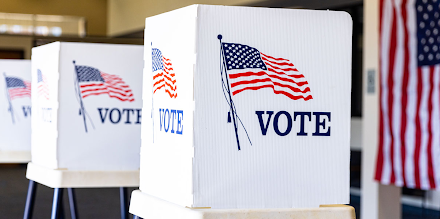Kevin Moye | Managing Editor
Last Thursday, Black women recognized Black Women’s Equal Pay Day. The day was held on Aug. 22 to showcase the approximate total amount of days in the year a Black woman would have to work into the new year to make what white non-Hispanic men made at the end of 2018.
The day acted as a way to bring advocacy to the lingering problem of unequal pay Black women and minority women, in general, continue to face. Many white feminists will call for equal pay citing that women earn about $.80 for every dollar men earn, but neglect to bring attention to the massive rift between the earnings of women of color. Black women earn just $.61 for every dollar white men make with Native American and Latina women making $.58 and $.53, respectively.
The current pay disparity between Blacks and whites is reflective of our country’s long history of exploiting Black laborers. From the gross theft of chattel slavery and share-cropping to the gentrified exploitation of domestic caregiving and service work, Blacks — particularly Black women — have been robbed of the profits from our labor.
For Black women, this exploitation of their labor continues to persist. While outright discriminatory pay is still a factor in the pay gap, the problem appears to be much more systematic than that. The problem stems from the societal undervaluing of the work Black women do in our country. Unsurprisingly, the jobs occupied by the highest concentrations of Black women are the jobs with the lowest amount of compensation for their workers.
The legacy of racism has instilled a higher percentage of Black women to work in the service industry and caregiving jobs because of the historical background of women working these jobs. The permeance of racist ideology has led to a severe discrepancy between the inadequate wages women are paid and the demand for these jobs. Caregivers, in particular, are becoming a job in increasingly high demand as our population begins to age; however, the wages and benefits of these jobs continue to be poor.
Even when Black women escape this low-skilled labor, they are still followed by the pay gap. It is in higher-skilled work where the pay gap becomes the most pronounced. At higher levels of education, the pay gap only widens for Black women. With less than a high school diploma, Black women can expect to make 23 percent less than white men, but women holding an advanced degree can expect a pay gap of 35 percent between them and their white male colleagues.
In order to help end this oppressive pay dynamic, Black men must show more solidarity in the fight to be compensated equally. While we are also not equally compensated for our work, we do benefit from the unjust system of male privilege. Data collected by the Institute for Women’s Policy Research found that Black women still make 11 percent less than their Black male counterparts.
Black women’s economic well-being is vital to the Black community as 80 percent of Black mothers are the breadwinners of the family. And with single mothers making up about 47 percent of households in the Black community, their pay is perhaps even more vital to the success of future Black generations than male income.
We must continue to fight for the economic empowerment of Black women to bring us closer to the liberation from white supremacy that has dominated the US economy since its inception. Undervaluing the work of Black women is tantamount to undervaluing the role of Black people in our society as a whole. Advocacy for equal pay cannot stop until Black Women’s Equal Pay Day is no longer a necessary day of advocacy.





